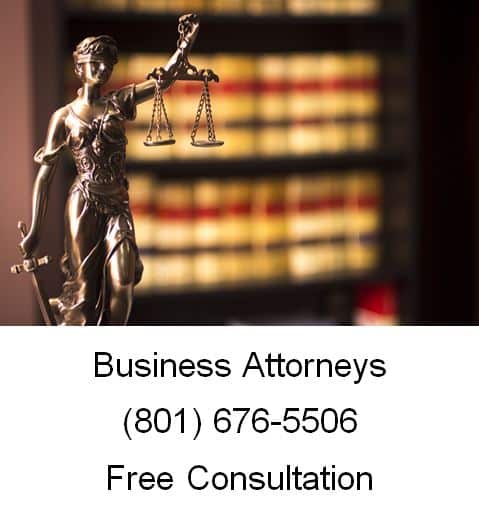Sole proprietorships are the simplest of all legal structures but they also lack many of the legal and financial protections of other business forms. If considering starting a business as a sole proprietor, remember there are various advantages and disadvantages. Sole proprietors experience the key advantage of being their own boss, but concurrently shoulder the burden of being responsible for the business’s success and failure. This section provides both basic and in-depth information about sole proprietorships, including tax implications, state registration requirements, what to expect when running a business with your spouse and more. It also features step-by-step help to get you get started.
Naming Your Business as a Sole Proprietorship
If you are electing to run a business by yourself, you’ll need to learn how to choose a business name. Many sole proprietors choose a company name other than their legal name. If you do, you’ll need to file a “doing business as,” (DBA) with the county where the principal place of business is located. For example, if your name is John Smith and you choose to name your business “Bob Jones Trucking Company,” be sure to file the proper forms.
Sole Proprietors and Taxes
Whether this is your first year as a self-employed entrepreneur or your tenth, income taxes are here to stay. While the complexity of filing the correct taxes forms can seem overwhelming, it’s important to get it right the first time. Being in business for yourself means you are required to list your business’s profit or loss information on Schedule C (Profit or Loss from a Business), which you will submit to the IRS along with Form 1040. There are several deductions you will be allowed to take, but be sure to seek guidance from a tax attorney or other qualified professional if you have questions.
Your Spouse and Having a Sole Proprietorship
Throughout the country, an increasing number of spouses are choosing to operate family businesses. As such, they both consider themselves to be “joint owners” of the business. The IRS, however, may consider this to be a “partnership,” even if that is not the couple’s intention. As a partnership, the couple will be required to file a partnership return and issue a tax document known as a Schedule K-1 to themselves (as opposed to reporting on a Schedule C). For many family businesses, it will be wise to seek the guidance of a tax professional to further understand their potential liability and obligations.
You Will Have Personal Liability When You Own a Sole Proprietorship
One of the major disadvantages of running a sole proprietorship is the personal tax liability you will incur. In other words, there is no legal separation between business and personal liability. For instance, if you took out a loan to help buy office supplies or a new computer, your creditors can sue you personally if you default on your obligations. Keep in mind, many businesses begin as sole proprietorships and graduate to more complex business forms as the business develops.
Should I Hire a Business Lawyer?
Hiring the best business attorney for your sole proprietorship needs is an important process. Small businesses, such as sole proprietorships, often need help with negotiating contracts with customers or suppliers, assisting with real estate needs (such as a lease or a building purchase), taxes, zoning and licenses, protecting intellectual property, or settling litigation. The right business attorney can save your organization money and time in dealing with complex legal matters. So yes, you should hire a business lawyer.
Free Consultation with a Business Attorney
If you are here, you probably have a business law issue you need help with, call Ascent Law for your free business law consultation (801) 676-5506. We want to help you.
8833 S. Redwood Road, Suite C
West Jordan, Utah
84088 United States
Telephone: (801) 676-5506
Recent Posts
International Travel for Children After Divorce
Employment Rights and Military Service
Special Needs Child and Divorce
Source: https://www.ascentlawfirm.com/sole-proprietorship-law/


Комментариев нет:
Отправить комментарий